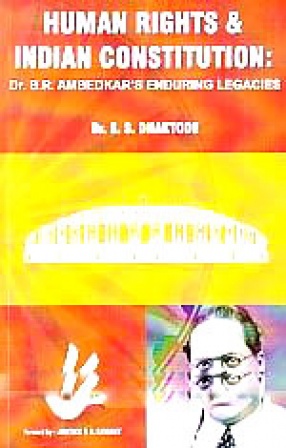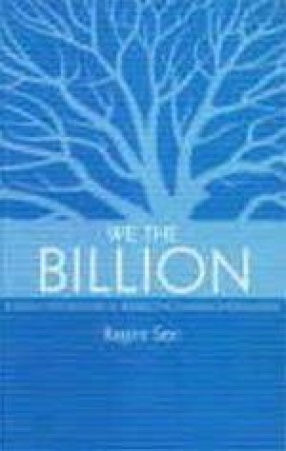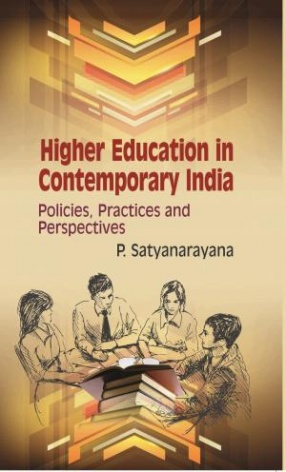The book consists of two parts. The first part is devoted to human rights and the constitution, while the second part deals with Dr. Ambedkar’s all-round struggle for human rights. While dealing with the wo subjects, the author has brought on record a wealth of relevant information and has also raised some pertinent questions for students of politics and constitutional law, to answer. These questions cannot be dodged, but will have to be delved into to answer them satisfactorily. The trouble with Indian intellectual world has always been that while considering our problems in any field of life, it has ignored the vast deprived and the disadvantaged masses, and approached them from the elitist angle, for solutions, it always looked typically to the west, having imbibed the western education and culture.
No wonder, many of our problems have not only remained unsolved but have multiplied. An indigenous and all-inclusive approach to all our problems in all the fields is what is necessary. A perusal of the constituent assembly debates shows the gigantic role Dr. Ambedkar has played in framing and piloting our constitution. His entire social and political philosophy seems to have been strained into the constitution, although he had to make certain compromises. The main compromise was of making the directive principles non-justiciable. He was a devout patriot, democrat, secularist and socialist. He believed in parliamentary democracy as a tool of social revolution. At the same time, he had no illusion that the revolution would come about without social democracy.
He defined democracy as “associated living not only between man and man but also between man and woman.” The U S and India are considerable the largest democracies in the world. India, albeit, earns this reputation only because of its population numbers. Nevertheless recent events in both countries beg the question whether thy are true democracies at all The fate of whistle blowers such as Bradley manning and Edward snowden in the us and the cruel and barbaric hanging of afzal guru without a fair trial are just few recent examples. This book will be valuable for those who value true democracy in that democracy does not mean only casting a ballot once every 5 years, but means democracy for the people where their basic needs are addressed by those elected by them. The true test of democracy is the importance geinve to human reights in a particular society.





There are no reviews yet.